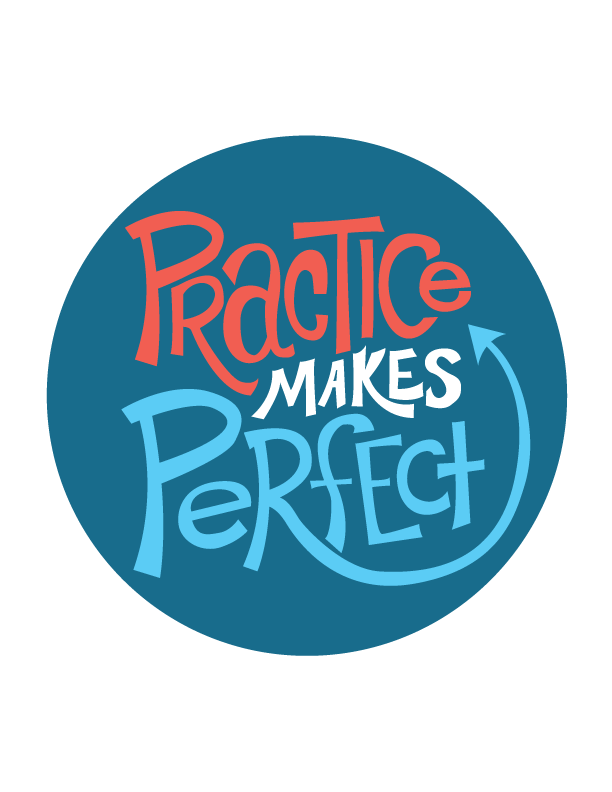Practice Makes Perfect
What does “Practice Makes Perfect” mean? Most people think it means that if you do something over and over and over, your skill (whatever it is) will be perfect. It will not, of course, but one can hope to achieve as close to perfection as possible. Piano players à la  Vladimir Horowitz, basketball players like Michael Jordan, authors, painters, gymnasts, race car drivers, surgeons, repairmen, typists, dancers—everyone that wants to excel at something—has to practice.
Vladimir Horowitz, basketball players like Michael Jordan, authors, painters, gymnasts, race car drivers, surgeons, repairmen, typists, dancers—everyone that wants to excel at something—has to practice.
Winners Practice 10,000 Hours
To come in first in a competition, to be paid for their work, and to generally reach the pinnacle of their craft or sport or profession, winners practice and continue to practice even after they’re “good.” Why do they call it a medical practice, a dental practice or a legal practice? Because those licensed professionals have to keep practicing to continue to be skilled to their high levels of satisfaction. In his 2011 book Outliers, Malcolm Gladwell says it takes 10,000 hours to achieve mastery.
There’s a catch, though.
Losers Practice 10,000 Hours Too!
The “Practice Makes Perfect” mantra fails when the practicing is wrong. That tennis backhand, those musical scales, that dance step, that gymnast’s flip will be perfectly wrong if done incorrectly, and the worst part is that the muscle memory for all of those imperfections will be just as strong as the muscle memory for the correct movement. Unlearning must be repeated—again and again and again. Ugh. It’s a killer. Familiarity is great…until it’s with the wrong “company.” The answer: competition, coaches and capitalism. That’s how we know we’re good.
There’s another problem. “Perfect” has been diluted. Check out our February 2015 post on the subject. Society’s willingness to use the word “perfect” to describe things that are not has created a disturbance in the “force.” The flow toward excellence has been diverted down murky, rocky spillways trickling along with little bits of trash that mar the pristine beauty of an otherwise perfect river. A cloudless sunny day with crisp, clean air turns foggy: A haze of “it’s okay” grays the sun ever so slightly; a dank smell degrades the unpolluted atmosphere.
Trend Alert: The trend to ascribe perfect (and dole out rewards) to the imperfect needs to stop. Admittedly, we are not perfect beings, of course. But we shouldn’t lower our standards. Perfect practicing tries to achieve perfection. We would like to think we are our own worst critics. And on other occasions, we become our own best supporters. Raise the former, but do not let it crush our passion—we need to be our best supporters, sometimes too, knowing that perfection is a journey, not a destination.